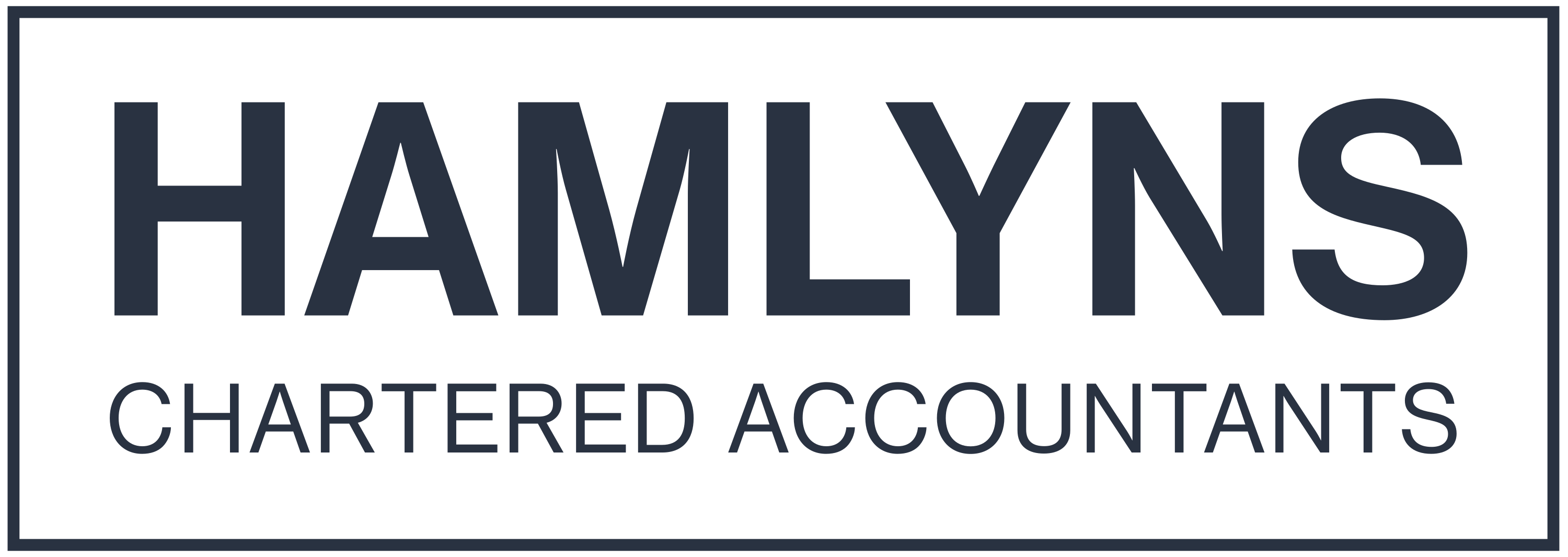What is the Optimal Director’s Salary for Your Business?

What is the Optimal Director’s Salary for Your Business?
One of the advantages of being an owner-managed business is that you can decide how you pay yourself. Some business owners make the mistake of paying themselves the salary that they feel that they deserve – or indeed, paying the highest salary they can afford. But this often is not the most tax efficient way to operate.
The director of an owner-managed business can choose to pay themselves from the company via salary, dividends, or a mixture of both of those options. This means that there is an optimal amount that a director should receive in salary from a tax perspective. However, it does depend on the specific circumstances of the business and the individual.
In this blog, we look at the optimal director’s salary for your business, and the circumstances that can alter this figure.
The Optimum Director’s Salary in 2023/24
For the majority of directors of owner-managed businesses, the optimum salary to pay yourself in 2023/24 is £12,570 per annum – equating to around £1047 per month or £241 per week.
That figure might look low. Indeed, if you work a 40-hour week, that salary would put you well below National Living Wage. But this is because you can effectively top-up your salary in a more efficient way with dividends.
The reason that £12,570 is the optimum salary comes down to National Insurance (NI). In 2023/24, the lower earnings limit for NI is £6,396. When you earn over this amount, it counts as a qualifying year for your future state pension.
However, £12,570 is the primary earnings limit for NI. This means that when you earn more than this per annum, you will need to begin paying NI contributions.
So, at the exact figure of £12,570 per year, you earn enough to qualify for the future state pension, but not enough to pay NI contributions.
Isn’t £12,570 Your Personal Allowance?
It is fair to ask: why £12,570? If you think you’ve heard that figure before, you will notice is the same for your personal tax allowance. This is because personal allowance and the primary NI threshold are now aligned.
The NI threshold for employees was increased to £12,570 in 2022, and that is where it currently remains.
Why Pay a Salary if Dividends Are Tax-Free?
To understand the specifics here, it is worth taking a step back and analysing exactly how tax is calculated on payments for directors. So, we have established that a company can pay its director (who is also a shareholder) through salary or dividends.
But a paid salary is also a tax-deductible expense for a business. Corporation Tax rates are currently 19% up to the first £50,000 profit, then 26.5% up to £250,000 (due to marginal rates), and then 25% on everything above £250,000.
A dividend, unlike a salary, is not tax deductible. This means that by paying a director’s salary of £12,570, you are saving corporation tax of anywhere between £2,388 and £3,331. And obviously, if you only pay a director with dividends, there will no opportunity to save that money.
Additionally, as mentioned above, it is beneficial to pay a salary above £6,396 to qualify for state pension.
Is it Ever Beneficial to Pay No Salary to a Director?
So far, we have assumed that the director of the company has tax allowances available. However, it might be the case that a director is using their tax allowances elsewhere, for example if they are being paid a salary by another position or rental income. In this case, it may be better to pay no salary.
Additionally, if the director is already at pension age, they would not be gaining a year of pension eligibility.
In any case, however, it is a good idea to take tax advice based on your specific circumstances.
Is it Ever Beneficial to Pay a Higher Salary to a Director?
Just as there are cases when paying a lower (or nil) salary to a director is the most efficient scenario, there are cases when it could be worth considering a higher salary. If the director has a contract of service with a set number of hours, they must be paid above the National Minimum Wage.
Once again, this will depend on how many hours they are contracted for. But it should be a consideration when thinking about how much salary a director should be paid.
It should also be noted that dividends can only be paid if the company has profit and loss reserves. In the event that the company has made losses in the past, your only option may be to pay directors with salary.
Claiming the Employment Allowance
Companies can reduce their employers’ NI liability by claiming the employment allowance of up to £5,000 per annum. However, it is worth noting that not all companies will be able to claim for this allowance. It is only companies with multiple directors or employees that can claim the allowance.
If you can make a claim, the employers’ NI contributions would fall from £478 down to nil. This increases the tax savings that can be made from paying a salary of £12,570.
What About Sole Directors?
For those companies that have a sole director and no other employees, it is not possible to claim the employment allowance. You might think that your best option is to pay £9,100 which is below the secondary threshold, and therefore no employers’ NI is payable.
Once again, you should take specific tax advice on this to determine your individual circumstances – but in most cases this won’t be the most efficient way to operate. You should pay yourself the recommended salary of £12,570, which saves corporation tax of at least £750, offsetting the NI contributions.
Would You Like to Know More?
At Hamlyns, we have years of experience in providing efficient tax planning and business advice to companies of all sizes. If you would like to discuss any of the above, please contact Patrick Collins using the details on this page.

Patrick Collins
Tax Director




